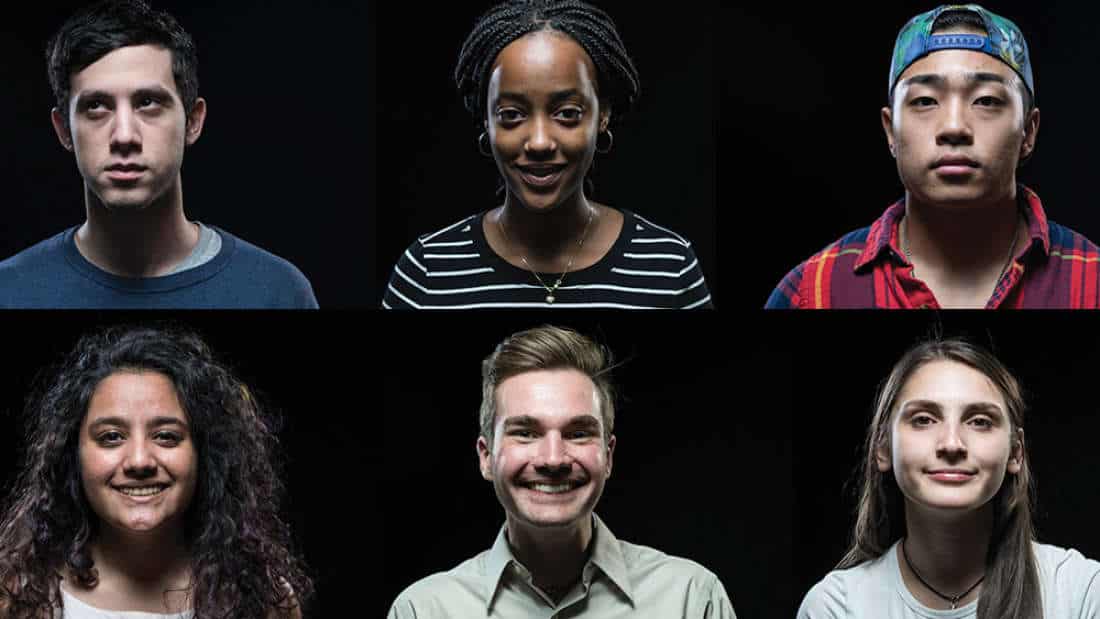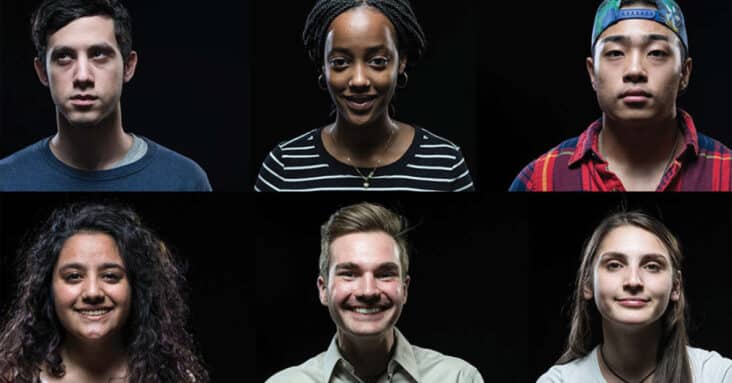Do you know how to tell when someone is lying? Researches at The University of Rochester, New York, published a new paper on the various facial and verbal cues that give liars away. Turns out people aren’t as good at deception as they think.
The researchers used a combination of automated facial feature analysis software and machine learning technology. With these, they marked differences in both facial and verbal cues from people lying and telling the truth.
The Experiment
The experiment was conducted with volunteers from Amazon Mechanical Turk, who were then split into pairs. 151 couples and 1.3 million frames of expressions to be analyzed. No small feat.
In these couples, one person was given the job of “interrogator”, the other was the “describer”. The experiment began with the interrogator asking the describer a series of questions. The describer was expected to answer truthfully. These are simple questions like “what did you have for breakfast?” These questions helped capture the specific responses of each individual to build a personalized profile.

In the next part of the experiment, the describers were handed pictures to examine and memorize. Later, they would have to describe these pictures to the interrogator. Some instructed to tell the truth, some to lie.
So, how do you tell when someone is lying? What did the experiment tell us?
Tay Sen, a PhD student, said “It told us there were basically five kinds of smile-related ‘faces’ that people made when responding to questions.”
The type of smile most associated with lying is the “Duchenne smile” (demonstrated in the amazing acting performance below ;)”
This is when both sets of eye and mouth muscles contract. Known as the “Duping delight” theory, it is thought the liar is delighting in deceiving someone.
Now, as for the truth-tellers, the researcher noticed they tended to contract their eyes slightly. Likely because they are concentrating on remembering all of the details. However, unlike the liars, their mouth muscles did not also contract.
The Duchenne smile is a cheek muscle you cannot control, which is why the study focused on this point. You can read more about it here.
See how well you fair in this video:
You may also want to check out our favorite links from this week:
- A Few Videos Guaranteed To Make You Feel Better About Life
- Dog Tags Are Always Useful (And Sometimes Hilarious)
- 22 Parents And Grandparents Failing At Technology So Terribly It’s Hard Not To Laugh
- 22 Clever Movie Details You Never Noticed Before
- Structural Engineer Shares The Worst Things He Has Seen While On The Job





